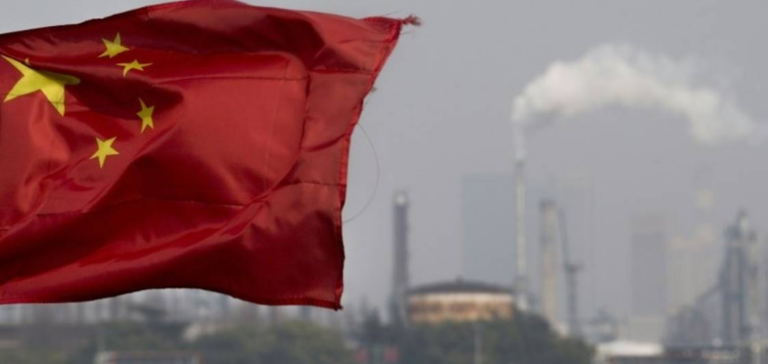China launches a 10 million ton CCUS project to explore decarbonization solutions.
A CCUS project
The first CCUS project, launched by China Petroleum & Chemical Corporation (Sinopec), represents 10 million tons. The company signed a non-binding memorandum of understanding with Shell, China Baowu and BASF for this project. CCUS is a process of carbon capture, use and storage.
It consists of capturing and efficiently using CO2 from industrial emissions. Sinopec’s project investigates the feasibility of transporting CO2 emitted by industrial facilities located around the Yangtze River. It will transport the CO2 to a reception station and then to storage sites by pipeline.
The project concerns in particular steel, chemical, electrical and cement companies. The Chinese company already has extensive experience in CCUS projects. It launched the country’s first megaton-scale CCUS project in early 2022 in the Qilu-Shengli oil field.
The expected benefits of the CCUS project
This CCUS project, led by Sinopec and its partners, aims to offer a carbon reduction solution to industrial companies. It must be efficient and flexible. In addition, it aims to create value chains of low-carbon products.
This is part of a move to develop a low-carbon green circular economy. The development of the CCUS allows China’s “dual carbon” strategy to be pursued. This aims to reach a peak of carbon dioxide emissions in 2030.
The program is designed to achieve carbon neutrality by 2060. Sinopec seeks mutually beneficial cooperation with its partners. Finally, the Chinese company declares that it is working towards the goal of carbon neutrality





















